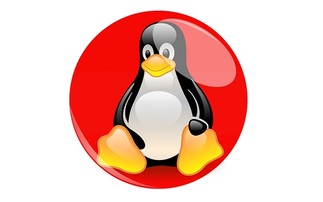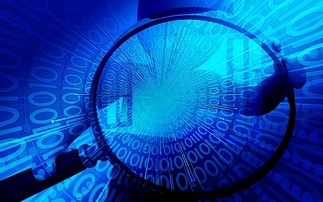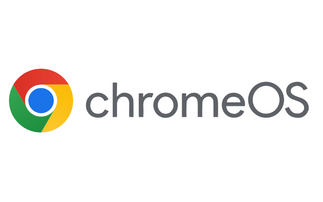OS features real-time social data sharing and will benefit from its own app store
Microsoft today showed off a developer-focused preview of Windows 8, the successor to Windows 7, at its BUILD conference in Anaheim near Los Angeles. Microsoft president of the Windows and Windo...
To continue reading this article...
Join Computing
- Unlimited access to real-time news, analysis and opinion from the technology industry
- Receive important and breaking news in our daily newsletter
- Be the first to hear about our events and awards programmes
- Join live member only interviews with IT leaders at the ‘IT Lounge’; your chance to ask your burning tech questions and have them answered
- Access to the Computing Delta hub providing market intelligence and research
- Receive our members-only newsletter with exclusive opinion pieces from senior IT Leaders





















